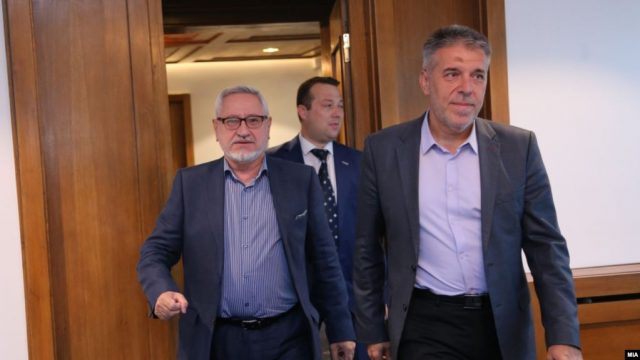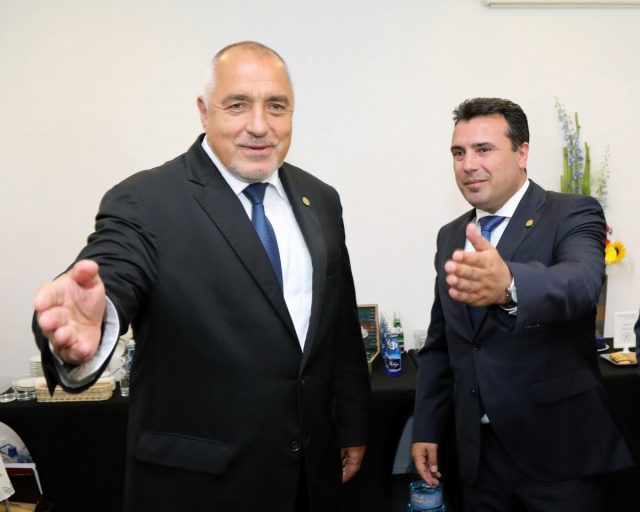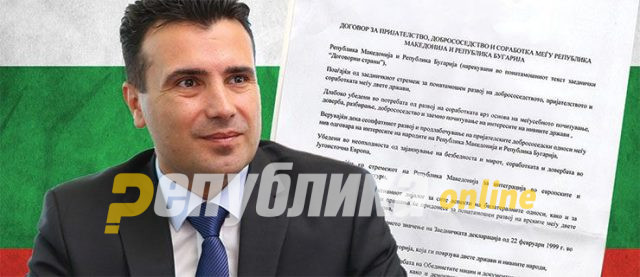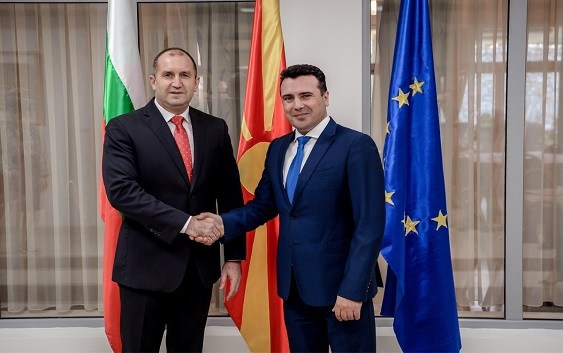Zaev’s resignation from his position as Prime Minister raises the question of what will happen to the negotiations with Bulgaria, on which the start of negotiations with the EU depends. Although it was Zaev and the then Prime Minister Borisov who signed an Agreement on Good Neighborliness and Friendship, which was supposed to close all open issues, it turned into a Pandora’s box from which many problems and old wounds came out, analyzes “Republika”.
Bulgaria accuses that it is not being implemented to the required level and therefore cannot give permission to start negotiations.

Specifically, Bulgaria wants us to accept that the Macedonians did not exist until 1944 and that they are a Comintern creation and the Macedonian language is a dialect of Bulgarian. For the history up to 1944 our country is required to accept that it is “general” or in Bulgarian translation it means Bulgarian.
Our country is also required to accept that all Ilinden people led by Goce Delcev are Bulgarian. Moreover, the work of the history commission is blocked and one of the most important members, Vanco Georgiev, resigned because he did not agree with the concessions that Macedonia is making.
What is too much is too much, even for Zaev. But, as the practice has shown so far, there is no request from Bulgaria that Zaev cannot fulfill, so before the elections he said that after the elections in both countries he will start resolving the dispute with the eastern neighbor.

Parliamentary and presidential elections are being held in Bulgaria this month. As things stand, Rumen Radev will be re-elected president, and Zaev’s “brother” Boyko Borisov will be elected prime minister. When it comes to the issue of Macedonia, there are no major differences between them. Borisov puts more emphasis on history and Radev on human rights, while on the issue of the inclusion of Bulgarians in the Macedonian constitution, the two agree.
For now, Zaev maintains that Bulgarians can be included in the Constitution but before the country joins the EU. The leader of VMRO-DPMNE Hristijan Mickoski on this issue stands for the principle of reciprocity, ie the same to apply to the Macedonian minority in Bulgaria.
The European Council meeting is taking place this month too, at which the issue of starting negotiations with Macedonia is unlikely to be raised.
However, there are no formal obstacles for Zaev, while he is still formally Prime Minister, to continue negotiating even if he announced his resignation, and the worst thing is to reach agreement with Bulgaria, of course to our country’s detriment.

It would be ethical in this period before choosing his successor Zaev leave the issue with Bulgaria to his successor.
But ethics has never been Zaev’s strong suit, and it a question whether he understands the meaning of that word.




Comments are closed for this post.